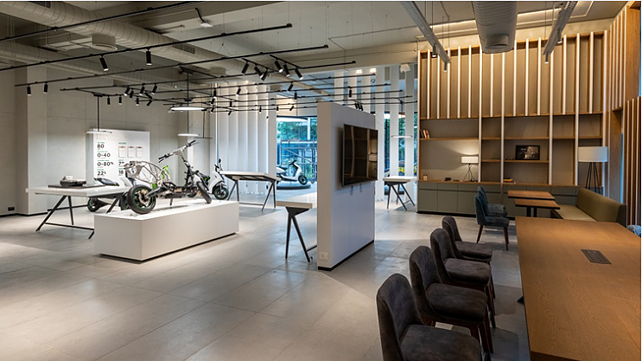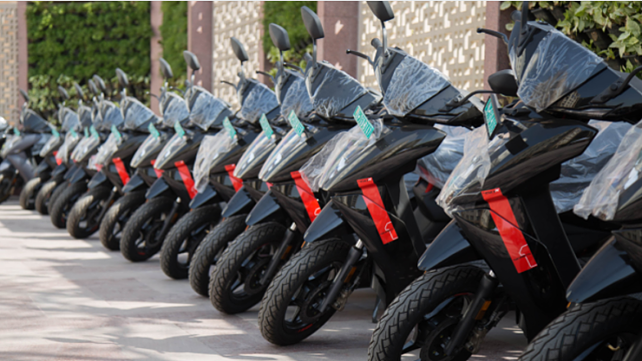
Home-grown electric two-wheeler start-up Ather Energy is planning to enter the electric motorcycle segment a few years from now, the company’s top official told Mobility Outlook.
With a primary focus to disrupt the electric scooter market, Bengaluru-based start-up aims to transition every segment to electric. However, it still believes that there is huge scope in the electric scooter market in the next decade.
In an exclusive interaction with Tarun Mehta, Co-Founder & CEO, Ather Energy, said, “At present, our focus is extremely sharp on the scooters. We would work on the motorbike segment but not this year but in the next few years”.
India is the largest two-wheeler market in the world. It accounts for over 20 million unit sales annually. “So we believe all of them need to go electric in the next decade, and the number needs to grow. As part of that, obviously, motorbikes will not be left out; we will work on motorbikes,” he said.
However, the current focus on an electric scooter comes from a belief that scooters will cover a large chunk of the market. “I think about 70% to 80% of all two-wheeler sales will be scooters purely because, given the utilitarian nature of the scooter, it works for the entire family. Riding a motorbike has a special place, but it’s a limited place which is that of performance and rideability that have a certain ergonomic push like a cruiser bike. And I think those segments remain, but there is a small chunk of the market,” Mehta said.

Retail Strategy
Ather Energy, which currently has two electric scooters Ather 450X and Ather 450 Plus, is aggressively working on its distribution network.
Explaining its retail strategy, Mehta said, the company, which has entered 13 cities, now plans to expand its network in 40 more cities in the next financial year. We should close this financial year with between 30 to 40 cities that are lined with an experience centre,” he said.
He added, “The story is simple, we will have retail partners and dealers in all these new cities. We will work very closely with them on the sales experience and the charging infrastructure experience. In every city, we begin with one experience centre and then what we do is set a lot of satellite pop up stores. So we will have a lot of these small micro-stores across the city, which are planned to be opened between four to six months.”
“As the volume builds up in that specific locality, we will look at converting them into full-fledged stores. It will be a healthy mix of online and offline experience. We are getting a lot of demand from our online channel which is funnelled back to these retail centres in the city.” Mehta said.